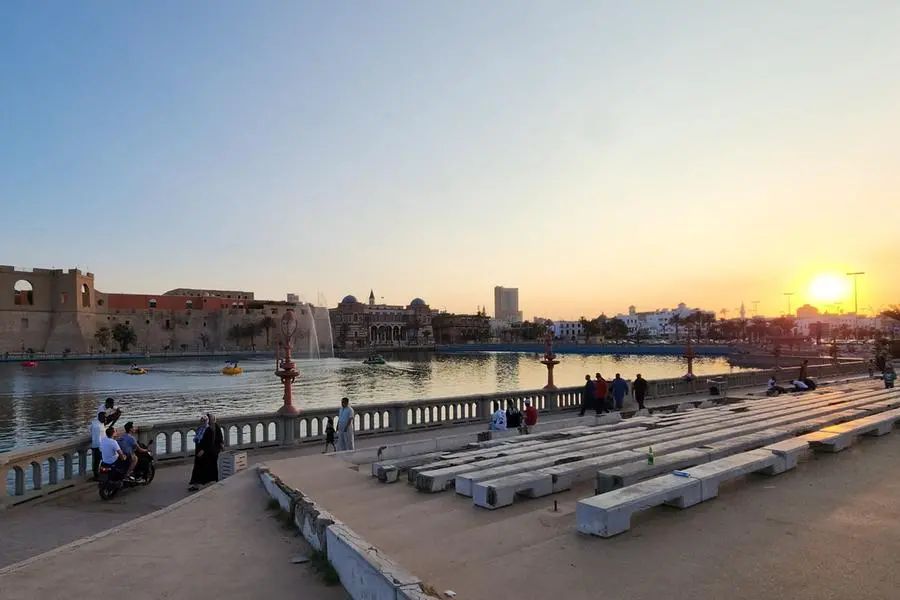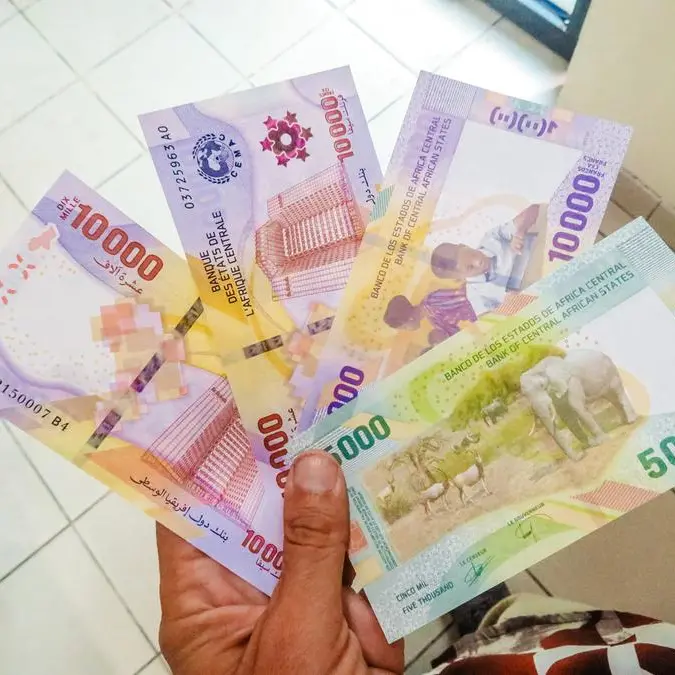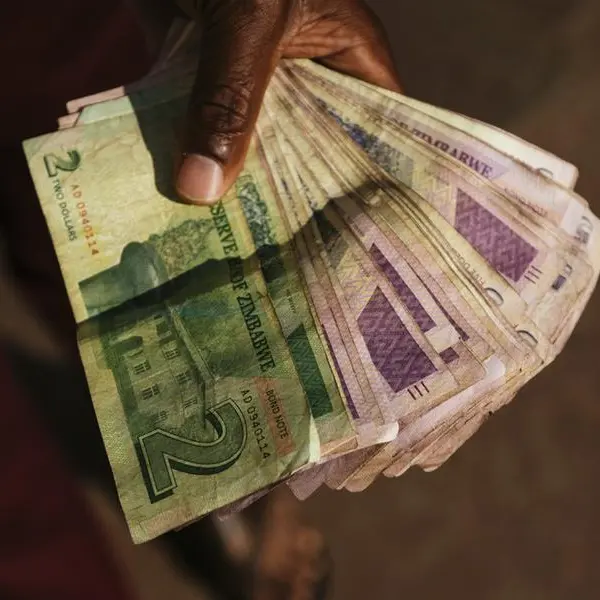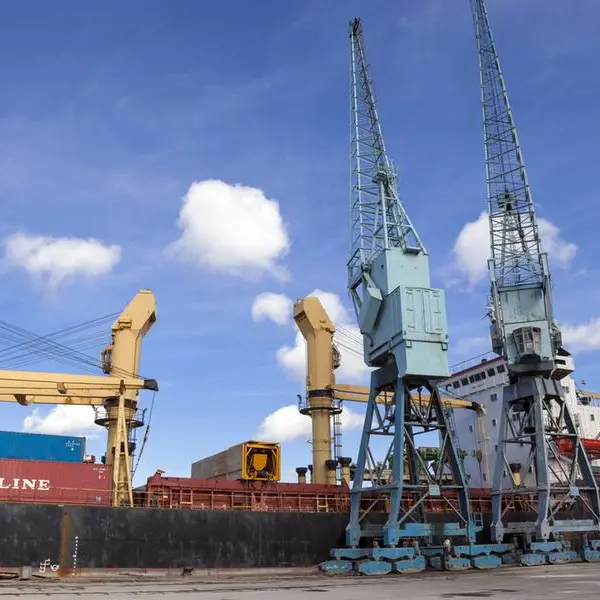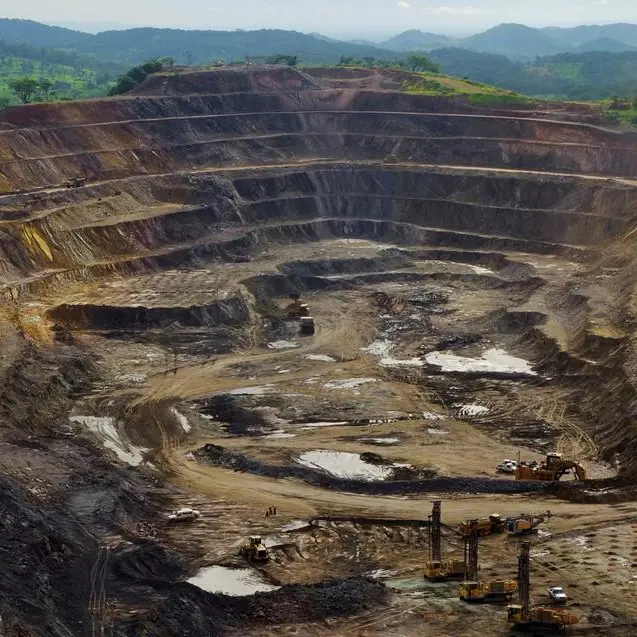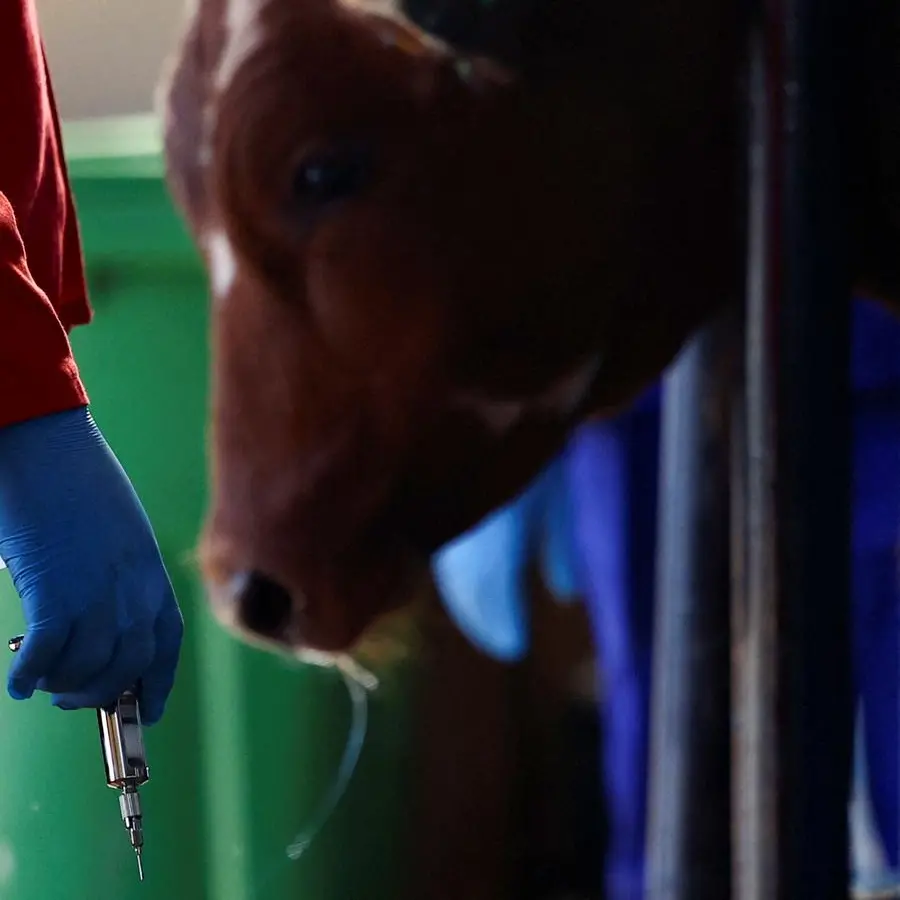PHOTO
Oil-rich but war-scarred Libya has for years been ruled by two rival governments, but now some analysts see faint signs of progress toward reconciliation between them.
They point to discord within one of the camps, based in the east and backed by military strongman Khalifa Haftar, where the parliament last week suspended its former premier Fathi Bashagha.
Paradoxically, the observers say, Bashaga's political demise could signal that the Haftar camp is moving towards rapprochement with the internationally recognised government in the capital Tripoli.
Some observers even suggest this could aid United Nations-led efforts urging new elections this year in the country that has been torn by bloody chaos since the 2011 overthrow of dictator Moamer Kadhafi.
The political rupture in the east has reversed the fortunes of Bashagha, who a year ago launched an attack on Tripoli that was repelled after a day of deadly street fighting.
Bashagha was suspended on May 16 by the eastern-based parliament, which also announced an investigation against him for unspecified reasons.
The move against Bashagha "sealed the end of the political life of this former strongman," said analyst Hasni Abidi of the Geneva-based Institute for Arab and Mediterranean Cultures.
His "humiliating departure ... reflects the differences in the eastern camp, in particular between the Haftar clan represented by his children and the parliament," Abidi said.
Tripoli-based interim Prime Minister Abdulhamid Dbeibah has meanwhile used the "paralysis of the eastern government to consolidate his grip on political and economic life in Libya", he said.
- Decade of violence -
The North African country was plunged into more than a decade of bloody violence following Kadhafi's ouster in a NATO-backed popular uprising in which the veteran dictator was killed.
The ensuing chaos drew in warlords, jihadists and foreign mercenaries and claimed countless lives while leaving the country awash with guns.
Haftar, a Kadhafi-era soldier turned exile, and since backed by Egypt and other foreign powers, launched an assault on Tripoli in 2019 that left thousands more dead but ultimately failed.
The warring parties reached a formal ceasefire in October 2020.
Since then, the United Nations has resumed its efforts for new elections, to bring stability to the troubled country, but these have been repeatedly delayed.
Bashaga, from the port city of Misrata and formerly a political heavyweight in the western camp, had sought Haftar's support in late 2021, vowing to work for "national reconciliation".
Bashagha's suspension comes ahead of a mid-June deadline declared by the United Nations for the rival political forces to agree on a framework to hold elections before the end of the year.
- 'A new dynamic' -
Bashagha "always had an expiry date", said Emadeddin Badi of the Global Initiative Against Transnational Organized Crime, a Switzerland-based research body.
"His usefulness ended the day he lost the possibility of establishing himself in Tripoli," the analyst said.
Libyan media have meanwhile reported that talks have been held between representatives of Haftar and Dbeibah.
Dbeibah's nephew and one of Haftar's sons "have been in almost continuous talks for months", researcher Jalel Harchaoui told AFP.
"The desire of these two Libyan personalities to accommodate one another is one of the reasons for Bashagha's fall," he said.
Badi said Haftar had offered to suspend Bashagha, a move that had the "blessing" of Egypt.
The head of the UN Support Mission in Libya, Abdoulaye Bathily, has said he hopes for an agreement "by mid-June" to hold elections before the end of this year.
He told the UN Security Council last month that "intensive consultations have taken place amongst security actors" and said "there has been a new dynamic in Libya".
Libyan political analyst Abdallah al-Rayes said the rival camps' new understandings are the culmination of "discreet negotiations in Cairo" with a view to "forming a new coalition government".
"This is a step that precedes any agreement on the polls," he added.
Harchaoui, however, was less optimistic and said "the elites already well in place today ... have absolutely no intention of leaving power in order to allow credible and authentic elections".
